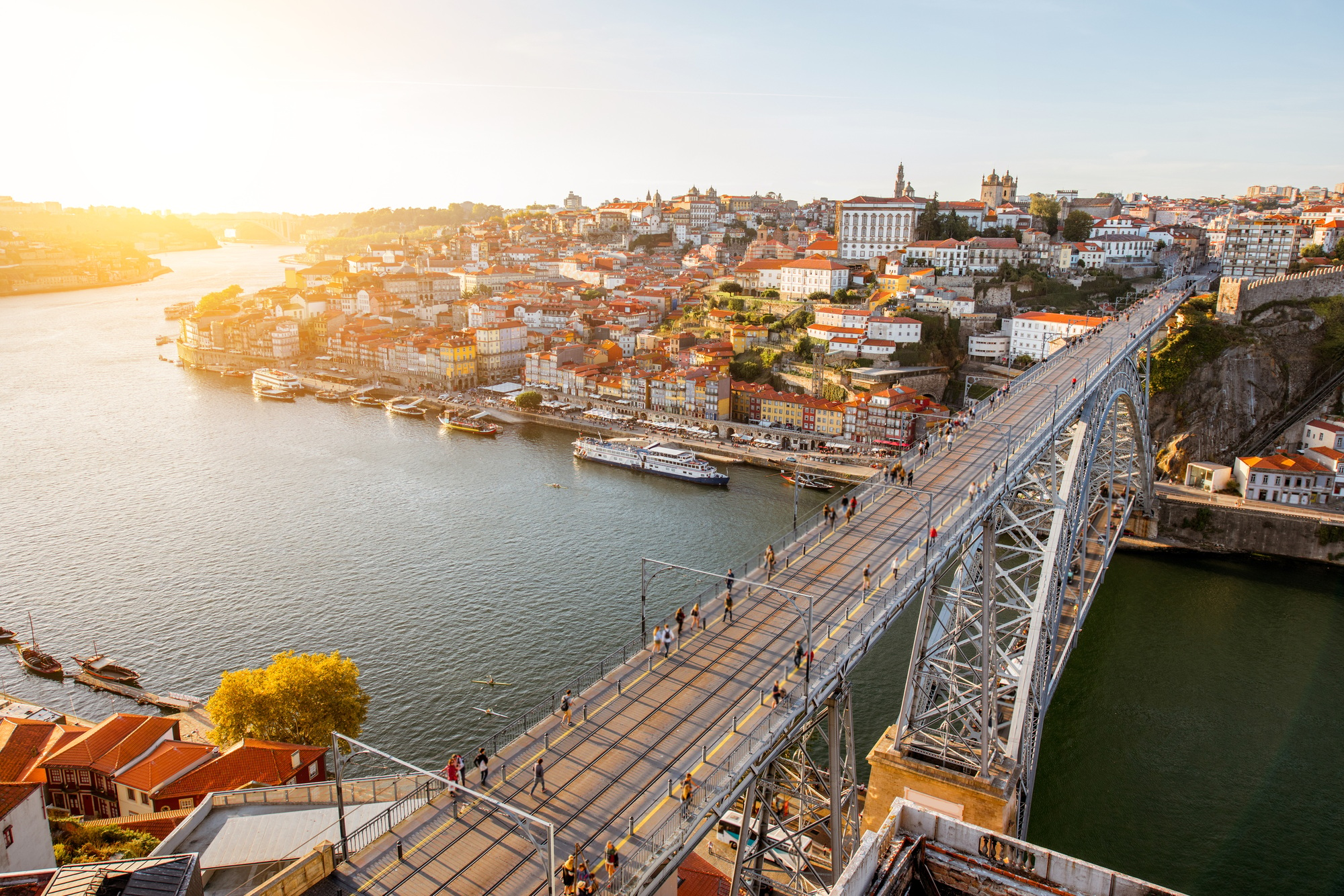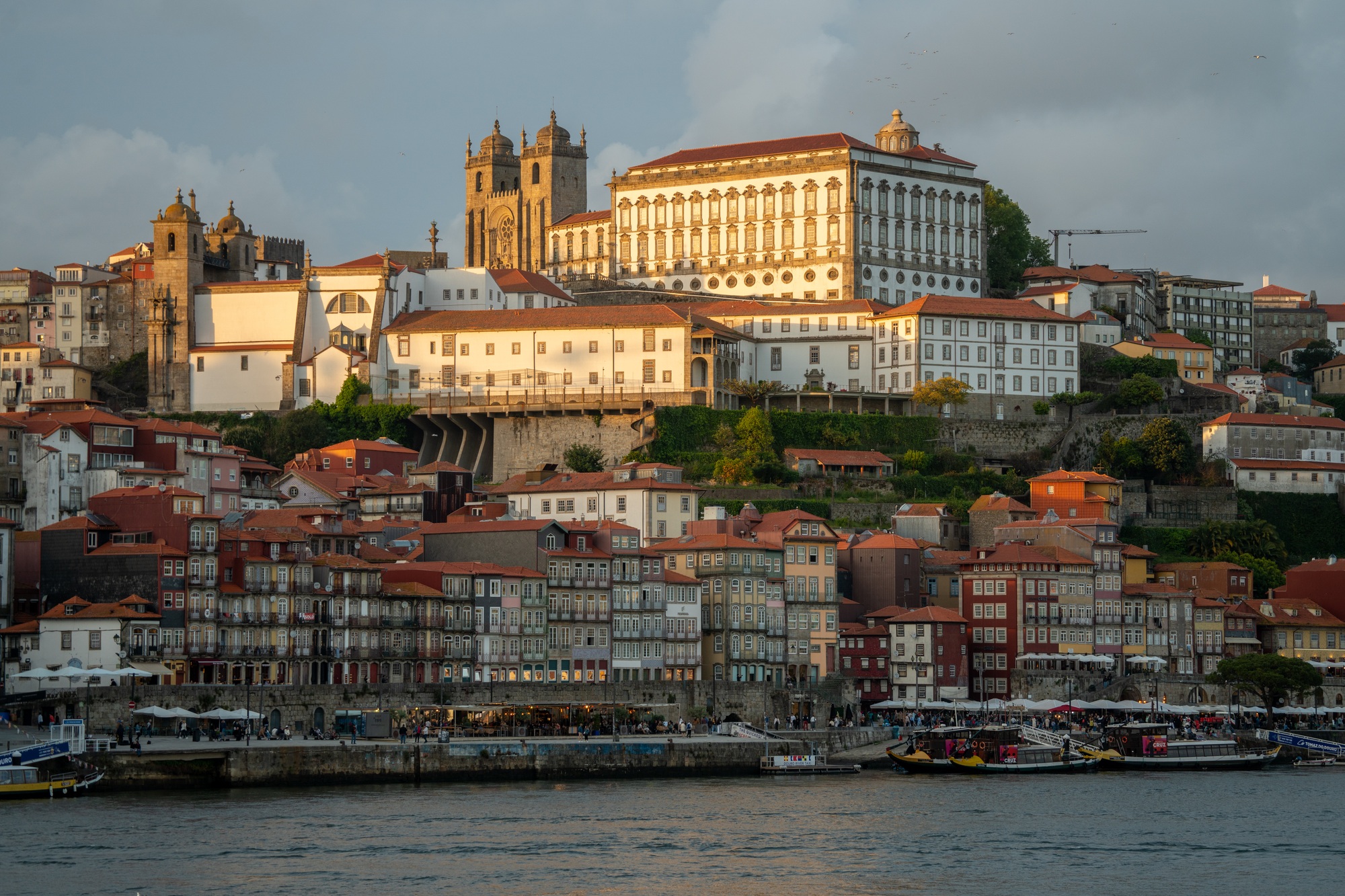Living in Porto: The Complete Guide
In recent years, an increasing number of French nationals (and other expats) have set their sights on Porto, drawn by its high quality of life. Below, you’ll find a comprehensive overview of life in Portugal’s second-largest city—covering costs, housing, healthcare, and more. If you’re thinking about moving to Porto, this guide is for you!
Cost of Living in Porto
While living expenses in Porto have gone up—mirroring the trend in many Portuguese urban areas—it still tends to be cheaper than Lisbon. For a comfortable lifestyle in Porto, budget €700 to €1,500 per month, primarily depending on housing choices.
- Rent in the Center: A one-bedroom apartment downtown can run €600–€850/month.
- Rent Outside the Center: A decent one-bedroom apartment typically costs around €450/month.
- Shared Apartments: If you want to save on rent, consider sharing an apartment. Expect €250–€350/month for a room in a shared flat—an especially common option for students.
Because rental prices have risen, many locals (Portuenses) now opt for suburban areas or less touristy neighborhoods to keep costs down.
Getting Around Porto
Public transport in Porto is extensive and affordable, with metro, train, tram, and bus services available. However, note the following:
- Trams are relatively expensive without a monthly pass—one ride costs around €3.
- If you live centrally, you might not need public transport at all, as many places are walkable.
- For those outside the center, a monthly transport pass costs around €40, depending on your zone.
- One-off fares: Single metro or bus tickets cost €1.25–€2.
- Driving: Fuel prices are comparable to those in France, and highway tolls can add up quickly.
(For more on rental cars in Porto, see local agencies or online platforms.)
Leisure and Nightlife
Porto never sleeps, offering a vibrant mix of:
- Restaurants and Bars: Trendy spots abound, serving both local favorites and international fare.
- Cultural Diversity: You’ll meet people from all over the world, fueling a lively arts, music, and food scene.
- Sports: Football is practically a national religion, with FC Porto being a point of local pride.
Healthcare in Porto
Portugal has a reliable, quality public healthcare system, and Porto—being one of the country’s major cities—benefits from multiple hospitals and clinics. That said:
- Public Facilities: Can be busy and involve wait times.
- Private Clinics: If you value shorter queues and faster appointments, private healthcare is a good alternative. Porto has several private hospitals and clinics to choose from.
Education in Porto
Public schools in Porto are generally well-regarded, though they teach primarily in Portuguese. If you’re seeking an international curriculum or foreign-language instruction (French, English, German, etc.), there are also private and international schools catering to a global community.
Safety
Porto is recognized for its safety, much like Portugal overall (ranked the 4th safest country in the world in the Global Peace Index 2021). While pickpocketing can occur in busy tourist areas or on public transport—just as in most major cities—violent crime is quite rare. Locals are known to be welcoming, liberal, and open-minded.
Conclusion
When balancing cost of living with quality of life, Porto emerges as an attractive option—cosmopolitan yet steeped in history. You’ll find a friendly community, diverse cultural offerings, and a comfortable day-to-day pace. For many expats, the city’s modern conveniences, walkable neighborhoods, and rich heritage make Porto an excellent place to call home.





